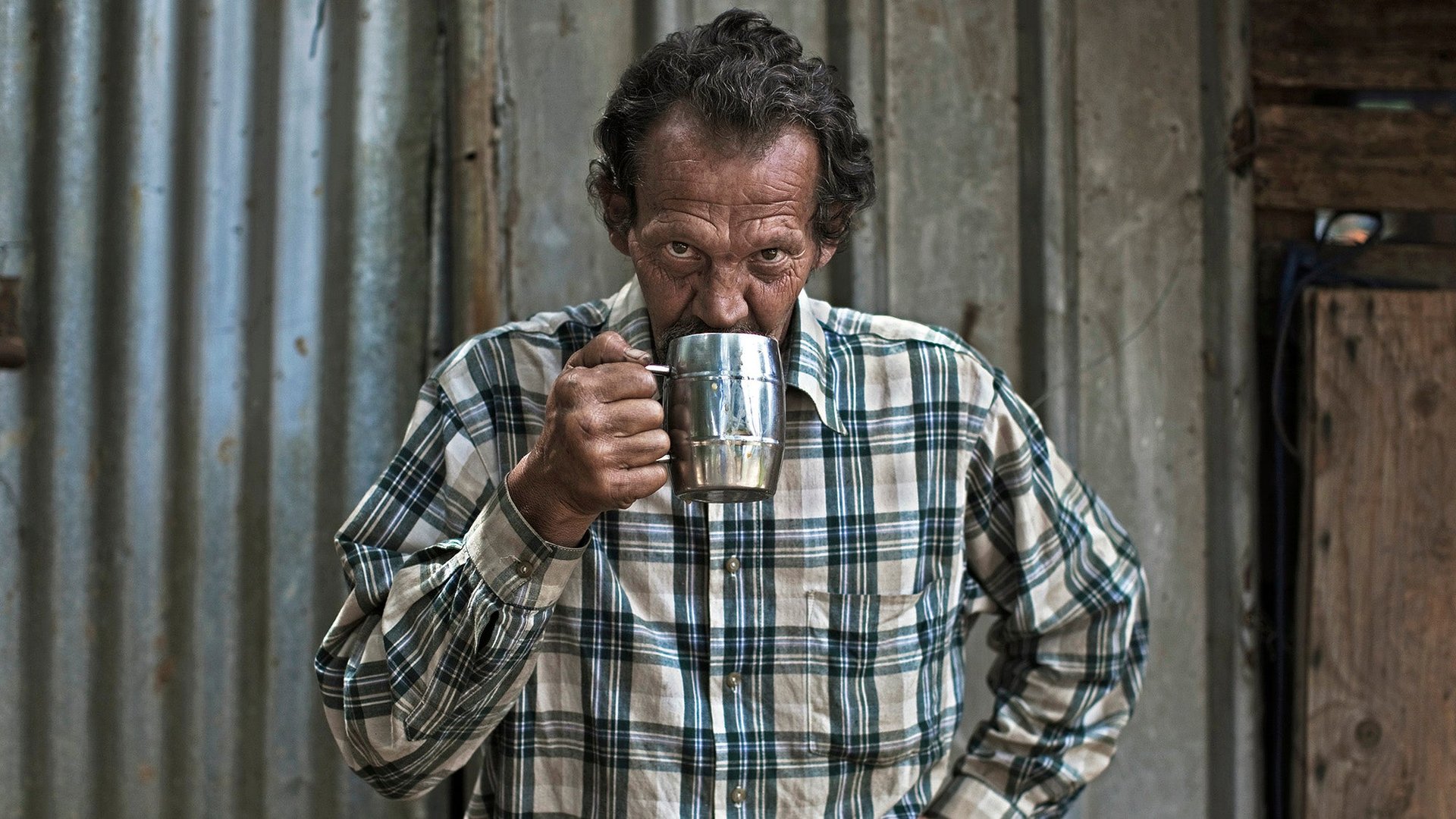Before the WHO ruins your hot drink with claims of cancer, read this
The World Health Organization (WHO) does amazing things, but it struggles when it comes to calmly communicating the cancer risk of ordinary foods. Last year, the organization said that bacon “probably” causes cancer. Today, June 15, it announced that coffee, which had previously been thought “possibly” carcinogenic, may not be carcinogenic but instead it is the hotness of a drink that is “probably” carcinogenic.


The World Health Organization (WHO) does amazing things, but it struggles when it comes to calmly communicating the cancer risk of ordinary foods. Last year, the organization said that bacon “probably” causes cancer. Today, June 15, it announced that coffee, which had previously been thought “possibly” carcinogenic, may not be carcinogenic but instead it is the hotness of a drink that is “probably” carcinogenic.
The good news is that you don’t need to be alarmed, even if you love a steaming cuppa. Yesterday’s public health warning was made by the International Agency for Research on Cancer (IARC), an arm of the WHO. One of their jobs is to classify stuff across five groups of cancer risk. However, as science writer Ed Yong explains, “These classifications are based on strength of evidence, not degree of risk.“
Here’s the IARC’s classification in simpler language:
The IARC puts hot drinks in group 2A, based on the finding that drinking beverages hotter than 65°C (149°F) can increase the risk of cancer, particularly that of the esophagus. This was based on convincing studies in animals but limited evidence in humans.
While looking at evidence, the IARC also realized it is the temperature of the drink, rather than its content that account for the cancer risk. Thus the cancer risk of coffee specifically is no longer as convincing as they had thought in 1991 based on only a few studies. Which is why they’ve moved coffee from group 2B to group 3, where hundreds of other things will lurk till there is more evidence.
It’s helpful to keep in mind the old joke that “everything causes cancer,” which actually has a kernel of truth in it. The IARC’s group of things that are “probably not carcinogenic to humans” only has one entry: a chemical called caprolactam. That’s how hard it is to be sure that something doesn’t cause cancer.
So what’s the takeaway?
Treat your hot drink like you treat bacon—consume slowly. You can continue to drink hot beverages as long as they’re not too hot. Most are served at about 60°C, which is lower than the threshold from WHO’s warning. And, if you like your coffee cold, drink it guilt-free.